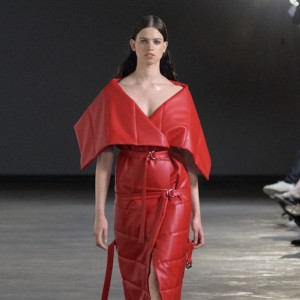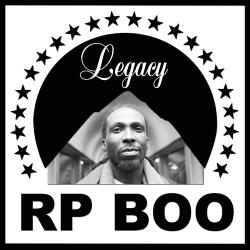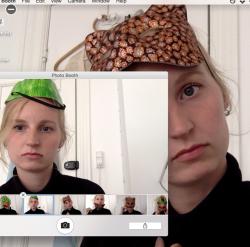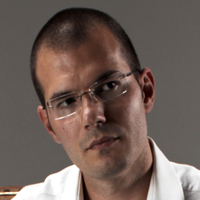Lafayette Anticipation associate curator Anna Colin talks to artist Tyler Coburn about Ergonomic Futures, a speculative project engaged with art, design, science, anthropology and writing. In this interview, Coburn discusses the research, production process and network of collaborators of a multilayered project ultimately concerned with the futures of humankind. Anna Colin: When one comes across your museum seats Ergonomic Futures (2016—) in contemporary art exhibitions—and soon in natural history, fine art, and anthropology museums—they look… [read more »]
Ask Natasha… She Practically Lived Through Everything
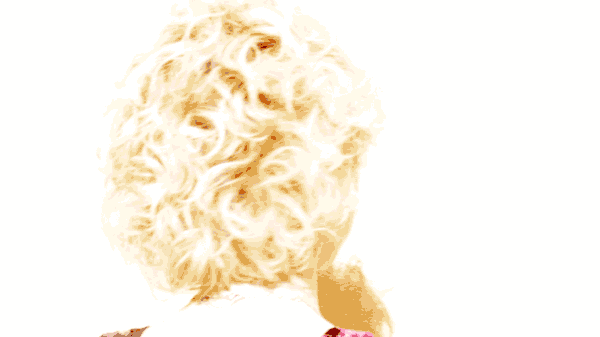
Q:Why do all of my friends want to be famous? Adam, 26
A: You probably think I’m going to say something about fame being the best possible thing. You probably want me to tell you that fame is the bread and butter of the internet, that the world spins because it is counting one and another and another fifteen minutes, that anyone who ignores this basic instinct to gain as much attention as possible is missing out on the one true feeling of bliss a human can achieve. You want me to tell you that I know the meaning of life, and that it is a monster.
Maybe I’m wrong about how you feel. Maybe you expect me to tell you that your friends are fools—that fame is a base, meaningless control device that cannot be held or caressed the way a perfect child can. You want me to say that once your friends become pregnant they will forget their goals, which were never possible anyway. That, like spirituality or the idea of a sustainable income, fame is fleeting, and can only be gotten once dead, so it is an end that your friends (and not you, of course) are wishing for.
Or you want me to say that there is no such thing as fame now. That fifteen minutes has been condensed to a few thousand megapixels, and even this is relative to the screen-time an imposter who is only parodying the “real” famous people now gets. What is more popular: The popular people, or the ones who despise them? And so, who are now the popular people, and who are now the despisers? We are all living on a flat plane, and no one can make a wave that is not met with an equal one, rippling it flat again.
But none of this is about fame, is it, Adam? It is about your friends and you. Rifts and growths and peer pressures and job losses, right? I will try to make this very clear, and it will hopefully answer your question plainly: Nothing matters except for recreational drugs.
Q: My girlfriend always talks about marriage, and I’ve never really believed in it. We’re a cliché: I’m a child of divorce and my parents’ only son, and she’s one of four siblings with a Midwestern upbringing. Am I being insensitive by changing the subject when she brings up her future wedding day? Donald, 29
A: Yes and no. It is an unnatural urge to combine the sexual and the political, but it is a learned structure we comply to. We are all living in a world where heterosexuality is institutionalized, which implies that we have less freedom than if we were not. One has less freedom politically because politics are based on the heterosexual relationship, and because the way we view politics is influenced by heterosexual tendencies. You can categorize any lifestyle choice and its opposite as “normal” and “alternative,” and tell yourself you prefer one word to the other, but you will always feel the pressure of your upbringing in making that decision. As Adrienne Rich offers, “The lie of compulsory female heterosexuality today afflicts not just feminist scholarship, but every profession, every reference work, every curriculum, every organizing attempt, every relationship or conversation over which it hovers. It creates, specifically, a profound falseness, hypocrisy and hysteria in the heterosexual dialogue, for every heterosexual relationship is lived in the queasy strobe light of the lie.”
Make her feel special by telling her that weddings are as material and outdated as silk red roses, then and buy her an LED fiber-optic rotating bouquet for her desk.












